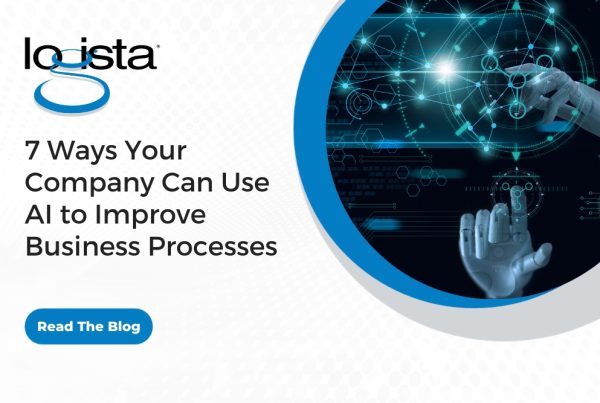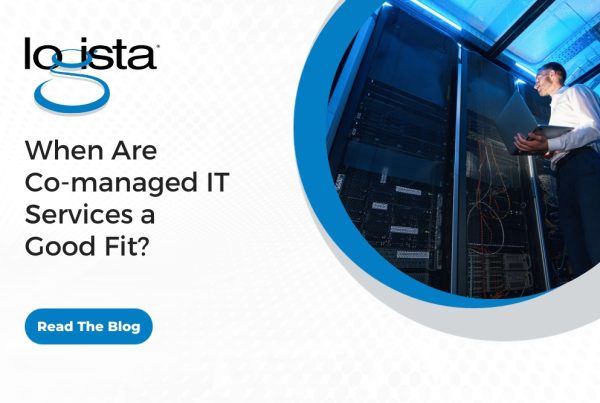From network management to cybersecurity, businesses of all sizes have turned to professional IT support to help manage their technology infrastructure. The rise of Artificial Intelligence (AI) has brought significant advancements in the field of IT services over the past few years. AI-powered tools and systems can automate many routine IT tasks and offer proactive support, improving efficiency, reducing downtime, and saving businesses time and money.
Here is how AI is shaping the future of Managed IT Services and how it is benefiting businesses.
Automation and Operational Efficiency: AI has revolutionized the way Managed IT Services operate by automating repetitive tasks and streamlining operations. Routine tasks such as system monitoring, software updates, and data backups can be automated, reducing manual effort and improving efficiency. This automation allows IT teams to focus on more strategic and complex activities, ultimately enhancing productivity and service delivery.
Proactive Monitoring and Predictive Maintenance: AI-powered systems enable proactive monitoring of IT infrastructure, applications, and networks in real-time. They can identify performance issues, anomalies, and potential failures early on, allowing IT teams to take preventive actions before problems escalate. Predictive maintenance, powered by AI algorithms analyzing historical data, helps optimize maintenance schedules, minimize downtime, and improve the reliability of IT systems.
Advanced Security and Threat Detection: AI has greatly strengthened the security measures within Managed IT Services. AI algorithms can analyze vast amounts of data to detect patterns, anomalies, and potential security threats. They can identify malicious activities, unauthorized access attempts, and abnormal behavior, helping prevent and mitigate cyberattacks. AI-powered security systems provide advanced threat detection, rapid response, and improved protection against evolving threats.

Intelligent Service Desk and Customer Support: AI-powered chatbots and virtual assistants have transformed the customer support experience in Managed IT Services. These intelligent systems can understand natural language, provide instant responses to common queries, and offer basic technical support. They can assist with troubleshooting, ticket management, and knowledge base inquiries, resulting in faster response times and improved customer satisfaction.
Data Analytics and Decision-Making: AI’s advanced data analytics capabilities have enabled Managed IT Service providers to extract valuable insights from large volumes of data. AI algorithms can identify patterns, trends, and correlations in data, helping optimize IT infrastructure, anticipate capacity requirements, and improve decision-making processes. This data-driven approach allows providers to offer proactive and personalized solutions, driving operational improvements and enhancing customer experiences.
Continuous Learning and Improvement: AI systems can continuously learn and improve based on data inputs and feedback. This adaptive capability allows AI to become more accurate, efficient, and effective over time. Managed IT Services can leverage AI’s self-learning capabilities to optimize performance, fine-tune processes, and deliver improved outcomes to clients.
As businesses continue to embrace new technologies and look for ways to improve their operations, AI will be at the forefront of their digital transformation. By leveraging AI’s capabilities, Managed IT Service providers can help businesses save time and money, improve their security and the customer experience, and position them for long-term success.
About Logista Solutions
Logista Solutions is a nationally recognized leader in a broad range of technology management solutions. As one of the largest technology support providers in the U.S., Logista provides innovative and holistic solutions to help companies take control of their IT infrastructure and achieve better business outcomes. Popular services include Managed IT as a Service, VoIP and Unified Communications, Managed Print, Cloud Services and Asset Disposition.




